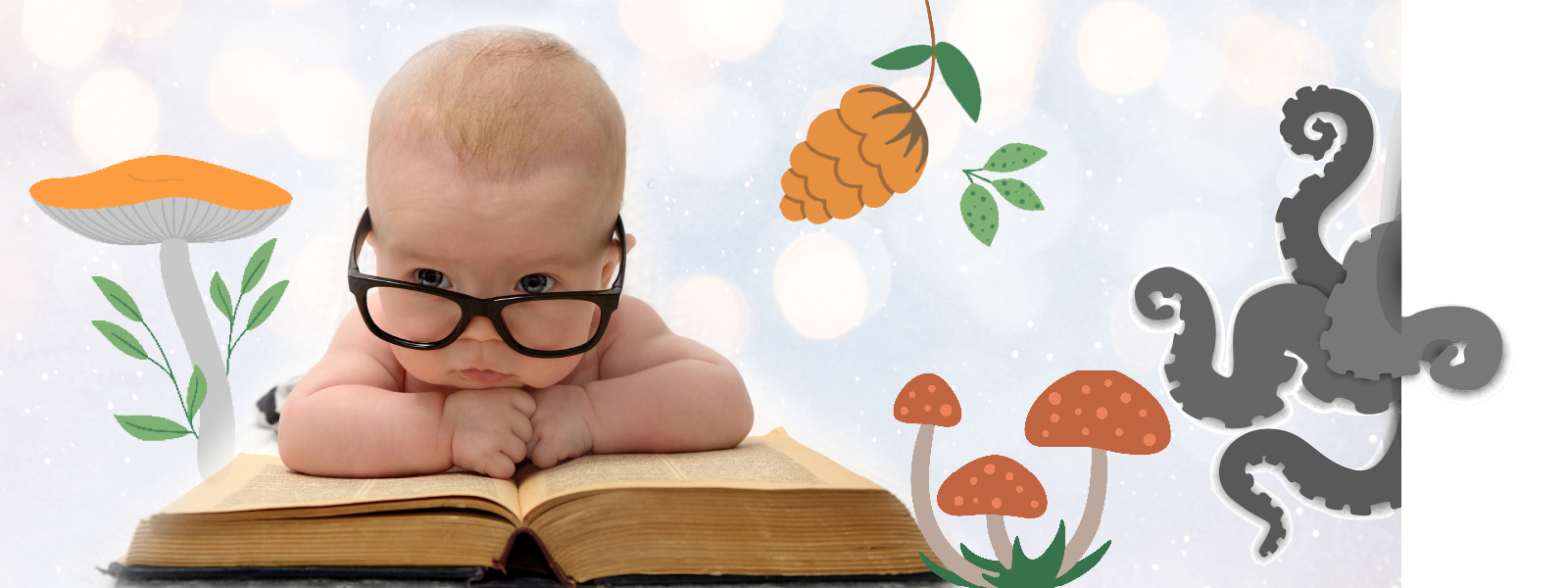
Tap into the benefits of reading nonfiction with young children.
By Jane Girondo, Early Literacy Assistant
Extend Natural Curiosity
Reading nonfiction with preschoolers may sound daunting, but it’s really a natural extension of their curiosity about the world around them. For some children who are not intrigued by fictional stories, nonfiction might turn a reluctant reader into an enthusiastic one.
When selecting your nonfiction reads, follow your child’s lead and look for books on subjects that interest them. For help identifying engaging and age-appropriate options, ask the librarians at your local branch or on our Ask Your Library online or text chat service — they’re a great resource for the latest nonfiction books written for preschoolers.
Simplify for Full Effect
Dispense with the notion that you must read every word, in order, in a nonfiction book. The beauty of the genre comes from looking at the vibrant pictures that interest your child. While doing so, you can read some or all of the included text or just discuss what you see. This demonstrates to young readers that a nonfiction book is a great place to find information.
Make Connections
Amplify the impact of nonfiction reading by pointing out to your child connections between what you read and what you see out in the world. Plan a trip to a construction site, zoo or museum to further explore a subject and provide opportunities to experience those connections.
A World of Benefits
The many benefits of reading of nonfiction include expanding children’s background knowledge and vocabulary. These early literacy skills will help support reading comprehension once children learn to read, because the terms and subject matter will be familiar to them.
Family Reading Partnership Program Coordinator Melissa Perry explains another benefit in her article for Ithaca Journal: “Having early experiences with informational text gives children the opportunity to practice gleaning facts, statistics, instructions and other pertinent information from text, diagrams, charts, and photographs. This is a skill used in daily life. Whether following a recipe, deciphering a bus schedule, or reading a formal contract, the ability to sift out necessary details is required to be successful.”
Embrace the nonfiction genre! Incorporate it into your child’s early literacy experience to help them learn important skills while having fun and exploring real-world topics that inspire them.

